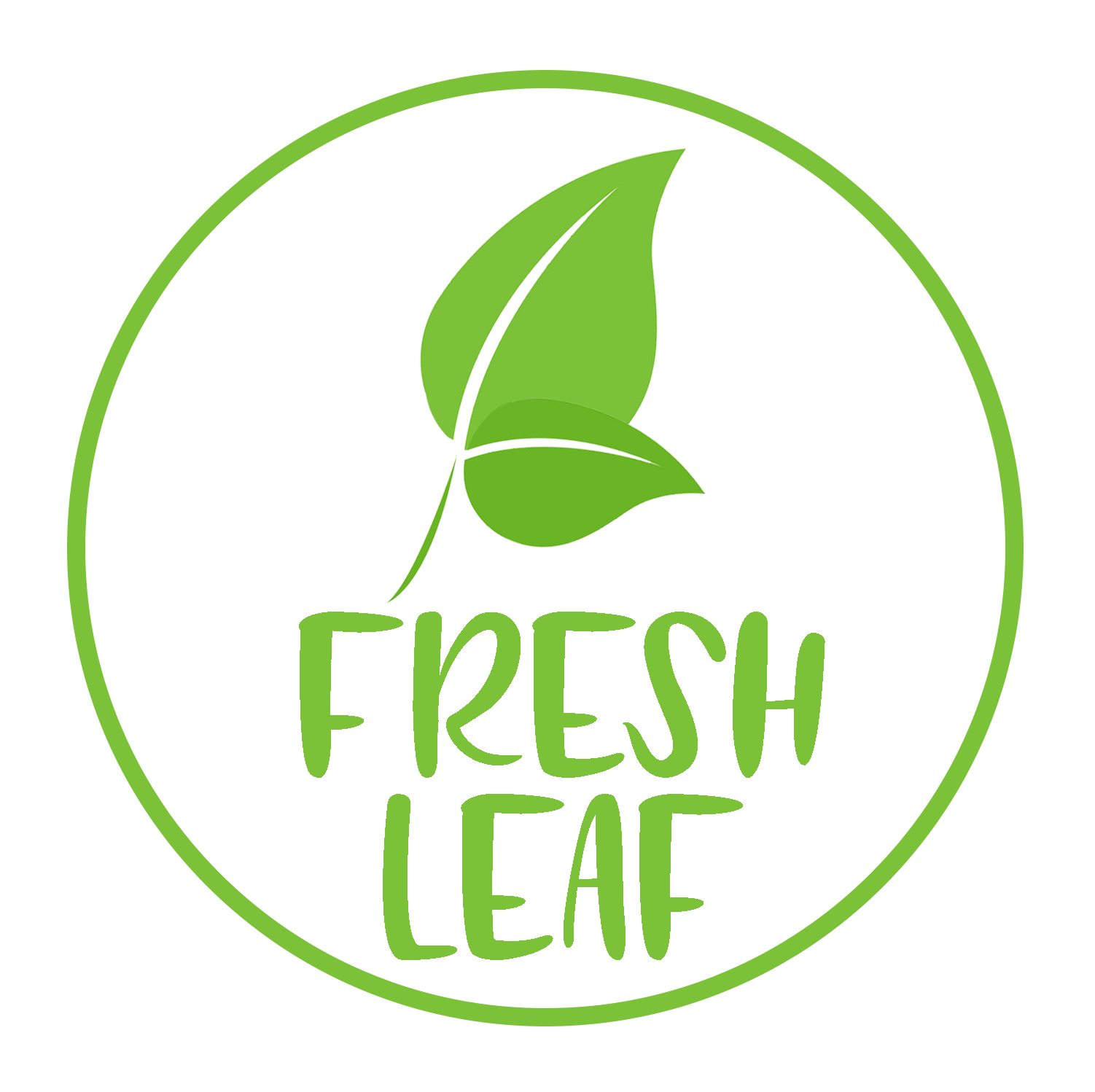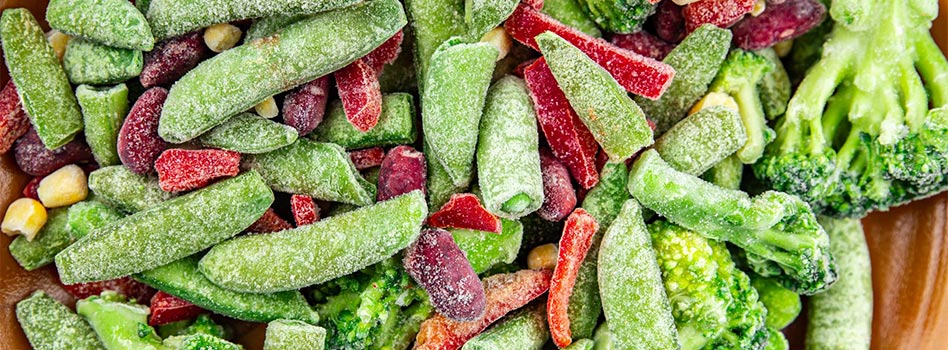2024 has brought new opportunities to look into our food habits. Frozen foods being one of the surprise alternative to fresh produce. Here we share the 5 amazing high fiber frozen vegetables with their benefits and uses. Let’s go!
Why Frozen Vegetables Deserve the Spotlight
In the eternal debate between fresh and frozen produce, studies have shown that the freezing process can preserve nutrients better than the lengthy journey fresh produce takes from farm to table. Frozen fruits and vegetables are blanched, boiled, or steamed shortly after harvest, locking in both taste and nutritional value.
Moreover, they are available year-round and often come at a more budget-friendly price compared to fresh produce. The can be used for a longer period of time saving your time of purchasing. As these vegetables are at a state to be ready to cook, it saves the waste of food as well, while maintaining the rich nutrients such as vitamin C and fibers.
What is Fiber?
Fiber is a type of carbohydrate that the body can’t digest. Though most carbohydrates are broken down into sugar molecules called glucose, fiber cannot be broken down into sugar molecules, and instead it passes through the body undigested. Fiber helps regulate the body’s use of sugars, helping to keep hunger and blood sugar in check.
Benefits of fiber
Benefits of Fiber?
Fiber might posses following benefits:-
- Reducing cholesterol: Fiber in the digestive tract can help reduce the body’s cholesterol absorption, especially if you take statins and use fiber supplements, such as psyllium fiber.
- Promoting a healthy weight: High fiber foods like fruits and vegetables tend to be lower in calories. Fiber can also slow digestion to help you feel fuller for longer.
- Preventing constipation: Fiber can speed up digestion and prevent constipation. Insoluble fiber adds bulk to the digestive tract, as your body doesn’t digest it. This stimulates the intestines.
- Managing blood sugar: The body takes longer to break down high fiber foods, which means glucose does not enter the bloodstream so quickly. This helps you maintain more consistent blood sugar levels.
- Reducing cancer risk: Eating enough fiber may help prevent certain cancers, including colon cancer. One reason may be that some types of fiber, such as the pectin in apples, may have antioxidant properties.
Note: If you’re adding high-fiber foods to your diet, do so gradually over a few days and drink plenty of water, too. This can help prevent adverse effects, such as bloating and gas.
5 Amazing High Fiber Frozen Vegetables
1. Broccoli

Renowned for its multifaceted health benefits, broccoli stands out as a nutritional powerhouse. This cruciferous gem not only aids in lowering cholesterol but also boasts detoxifying properties. Packed with essential nutrients such as fiber, vitamins K and A, and the inflammation-fighting kaempferol, broccoli proves to be a versatile addition to a range of dishes. Whether tossed into stir-fries, blended into soups, or included in morning omelets, broccoli brings a nutrient-packed punch to every meal.
2. Green Beans

Green beans emerge as nutritional winners, offering a wealth of eye-protecting phytonutrients and essential minerals like silicon. Beyond contributing to strong bones, green beans are versatile in the kitchen. Enjoy them steamed as a simple side dish, mix them into pasta creations, or add them to a spicy low-cal sauté for a burst of flavor.
3. Spinach
In the era of leafy greens, spinach reigns supreme with its impressive array of health benefits. Packed with cancer-reducing antioxidants and anti-inflammatories, spinach is also an excellent source of iron.

Elevate your culinary creations by adding chopped spinach to classics like lasagna, scrambled eggs, or any sauce or soup. The versatility of spinach makes it an easy and delicious way to introduce a nutrient boost to various dishes.
4. Cauliflower
Cauliflower emerges as a true culinary champion, celebrated for its role in reducing the risk of cancer. This versatile veggie can be transformed into rice or pureed for dips and soups, showcasing its adaptability in the kitchen.

Microwave cauliflower rice for a low-calorie alternative or blend it with fennel seeds to create a flavorful dip. In the world of nutrition, cauliflower proves that health-conscious choices can be both delicious and diverse.
5. Peas
As a nutrient-packed member of the legume family, peas offer a winning combination of high fiber, protein, and essential nutrients. Keeping you feeling full and satisfied, peas are a convenient, cost-effective, and nutritious addition to various meals.

Add frozen peas seamlessly into stews, soups, or as a side dish to enhance the overall nutritional profile of your culinary creations. With their versatility and health benefits, peas become a go-to choice for those seeking a wholesome and satisfying addition to their diet.
Adding Frozen Veggies to Your Routine
To make the most of these frozen wonders, consider the following tips from the experts:
1. Broccoli Florets: Toss into stir-fries or add to soups for an instant nutrient boost.
2. Green Beans: Opt for steamtable bags for a quick and easy side dish, or mix them into pasta or casseroles.
3. Spinach: Blend into smoothies, add to pasta dishes, or use in stir-fries for a quick nutrient pop.
4. Cauliflower Rice: Use as a low-calorie alternative in various dishes to boost nutritional value.
5. Peas: Include stews, soups, or various meals for a fiber and protein-rich addition.
The Bottom Line
Frozen vegetables are not just convenience; it’s about embracing a healthier and more sustainable lifestyle. Fiber has been found to help digestive and heart health, but you may not be getting enough in your diet. Adding high fiber vegetables, such as peas, green beans, spinach and hearty greens, to your meals can help you meet your fiber needs.
In busy and relatively advanced countries like the UAE, it’s not an easy task to maintain a healthy lifestyle. Nevertheless, you can contact Fresh Leaf UAE while in UAE for fresh and healthy, fruits, vegetables, herbs, leaves, and more. As we ensure the finest and freshest quality products, those too at the most affordable prices throughout UAE.
Explore hassle-free options for obtaining fresh fruits and vegetables online not only in Dubai but all across UAE including Abu Dhabi, Sharjah, Ajman, Umm Al Quwain, Ras Al Khaimah and Fujairah as well as other parts of the UAE.
Stay Healthy, Stay Happy!














